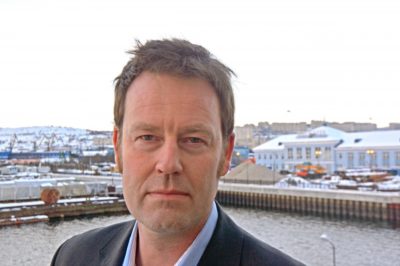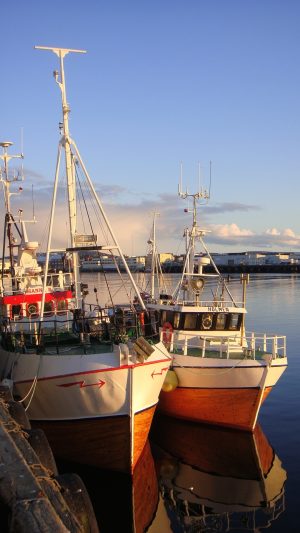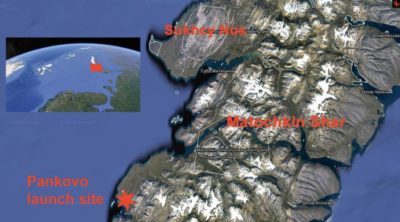Norwegian fishing industry and environmental officials were expressing concern Wednesday over reports that a nuclear-powered Russian cruise missile has gone missing in the Barents Sea. The area is both environmentally sensitive and a rich fishing grounds, raising fears of nuclear contamination.

Nils Bøhmer of the environmental organization Bellona is among those worried by a CNBC report tied to US intelligence, which claimed tests of four missile firings by the Russians had all failed and that one of the missiles had been lost. Russian naval forces were allegedly preparing to search for the missing missile in the Barents Sea.
Bøhmer wrote on social media that it was “disturbing” to hear reports that the Russians allegedly had lost control over one of their missiles. Bøhmer worked for Norway’s nuclear protection agency (Statens stålevern) before joining Bellona and has worked closely on issues tied to nuclear accidents and Russia.
For more from Bøhmer and background on the Russian missile firings, see the Barents Observer’s coverage here (external link).

Norwegian Broadcasting (NRK) was also reporting Wednesday that any concerns over nuclear contamination in the Barents can cause major problems for the fishing industry and health concerns. Concerns were rising that missiles fired by nuclear power can leak the radiation they contain.
Russian President Vladimir Putin has boasted earlier about development of new nuclear weapons that couldn’t be stopped by other countries’ missile shields and have allegedly unlimited range.
Norwegian fishing interests were highly uneasy about reports of the missing missile in the Barents, which fishing boat owners view as the foundation of the seafood industry, especially for cod, other white fish and king crab.
“If a nuclear-fired missile in the Barents is damaged and leaking, it will be extremely serious for the Norwegian fishing operations,” Odd Kristian Dahle of the fishing boat owners’ organization Fiskebåt told NRK. He called the Barents one of the most fertile and productive fishing grounds in the world.

“Just the thought of radioactivity and consequences for fish can have huge consequences purely from a marketing standpoint,” Dahle said. “We rely on selling Norwegian fish abroad, and any rumour that Norwegian cod is dangerous to eat can have grave consequences.”
Many Norwegian fishing boats are in the Barents Sea right now, where the summer fishing season has been proceeding normally. Dahle said he hadn’t heard of any signs of radiation and stressed that no leakage had been confirmed. Russian officials weren’t even confirming that a search for any wayward missile was underway.
newsinenglish.no/Nina Berglund

